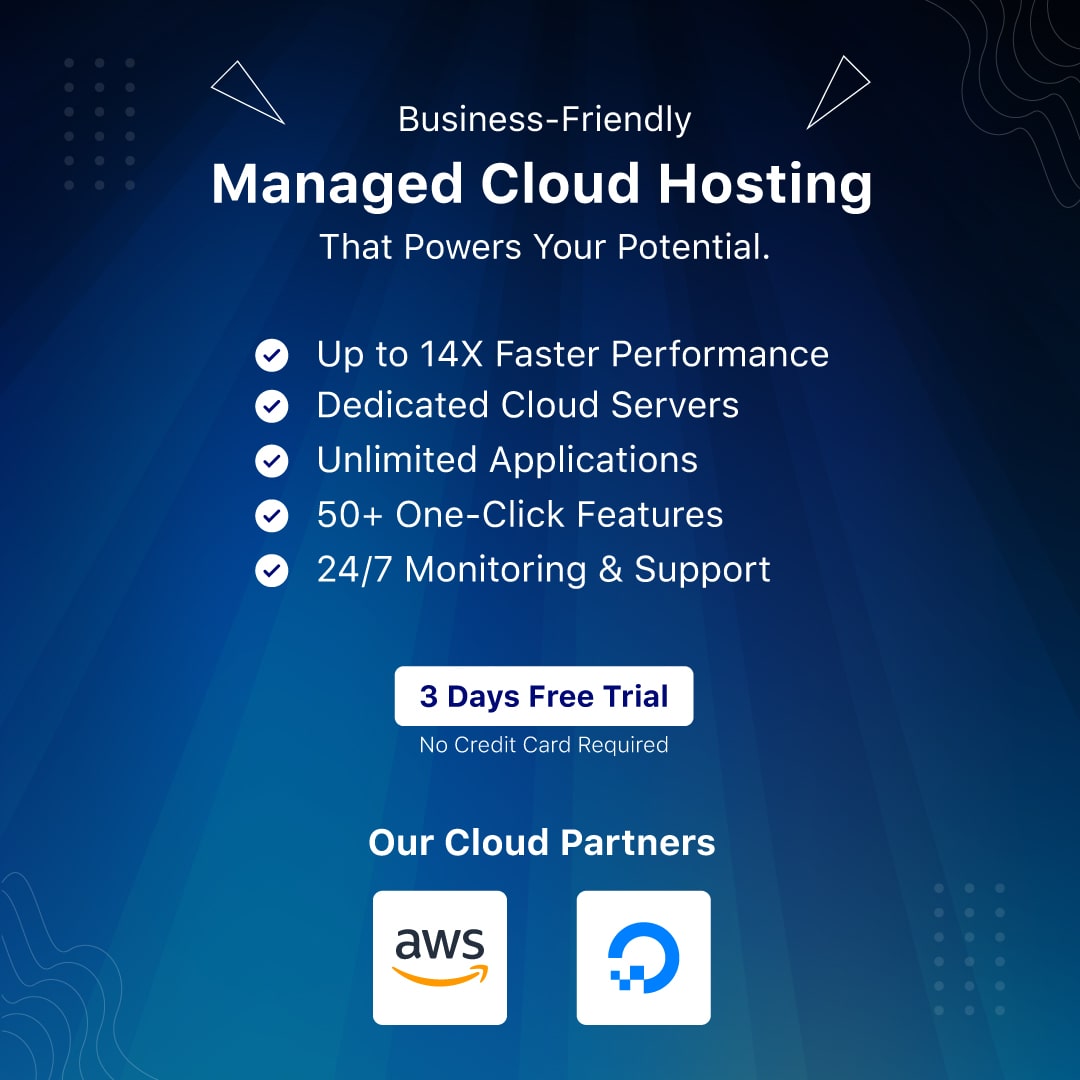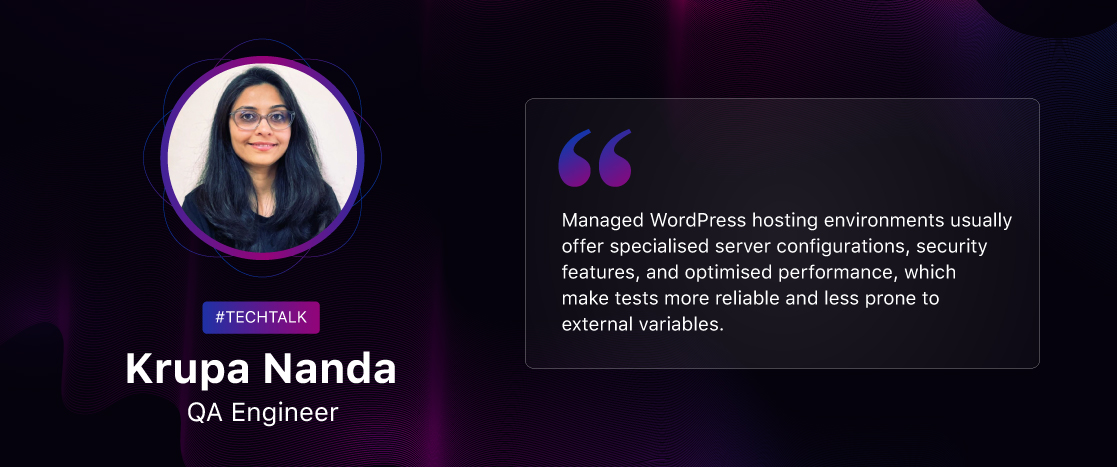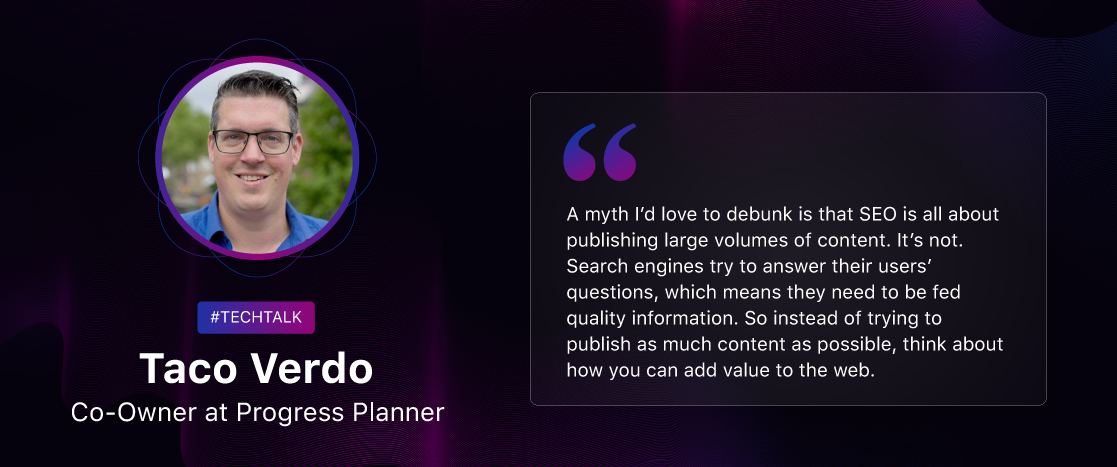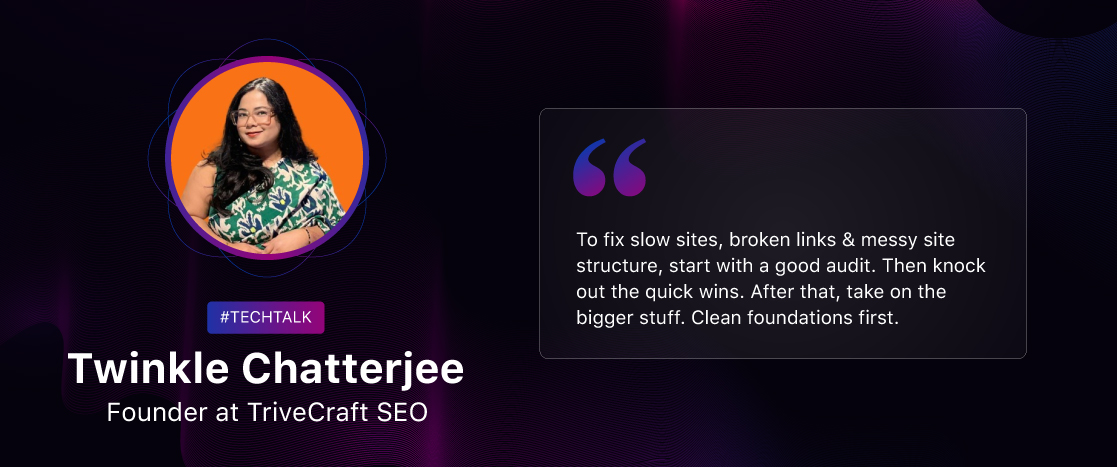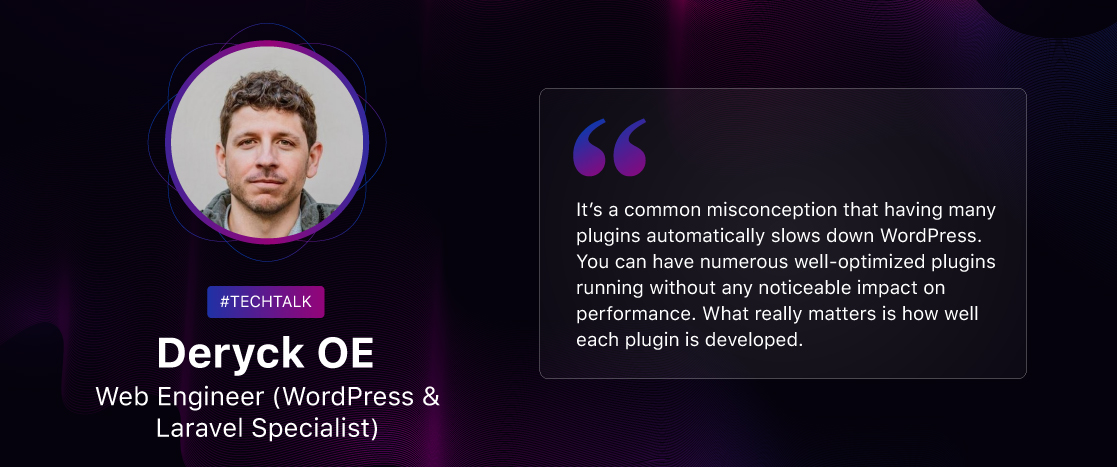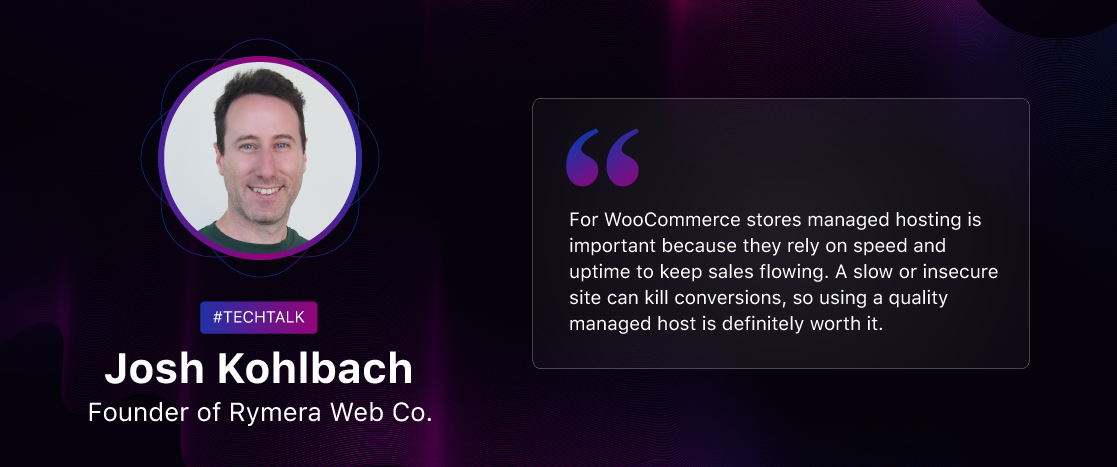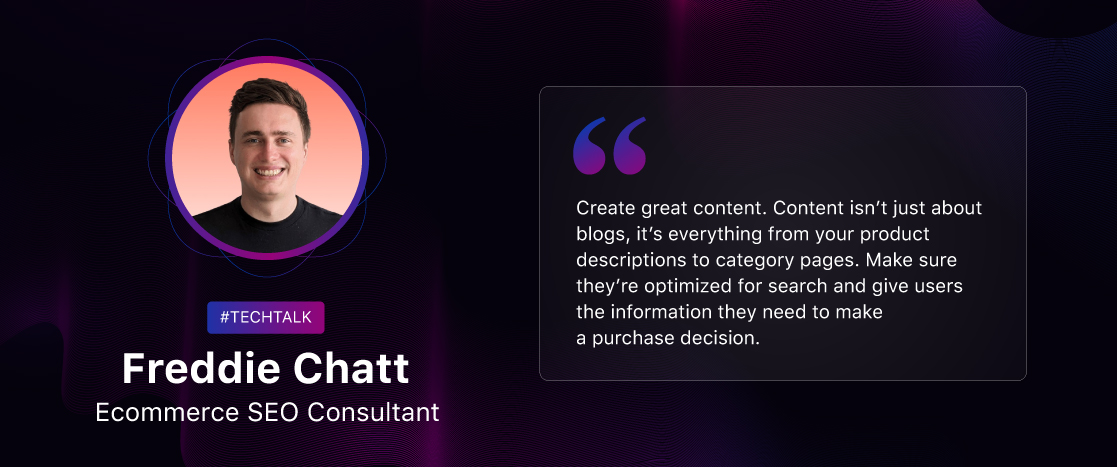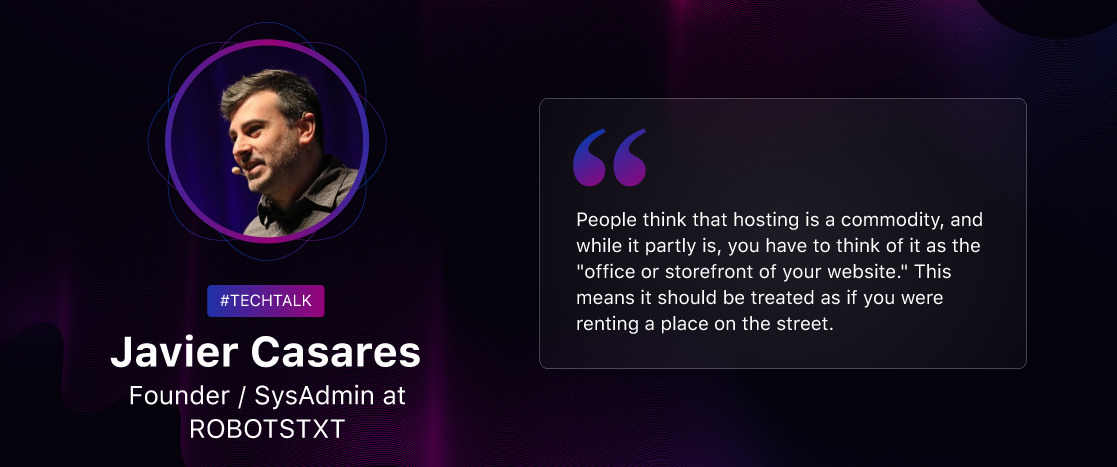
Devrims #Techtalk 066: Javier Casares Interview
Devrims: Hey Javier, thanks for your time. What inspired you to build your first website in 1997, and what was it about? How has your journey as a systems administrator evolved since you first started?
Javier: I actually started learning HTML offline in 1996. I got my hands on a Windows help file with all of HTML 3.2, which I almost memorized. Not only that, but I began experimenting “offline”, meaning on my computer, without the need to upload the websites to the internet.
The following year, when I went to my family’s vacation house, I started creating “the town’s website”, all with HTML, without any programming. By the end of the summer, I was able to go to a neighboring town that had internet, and there I uploaded the website to (if memory serves) Angelfire, which was something like Geocities.
I’ve been involved with programming and systems since that time, and it’s been something that has come and gone… because even though I studied Systems Administration, I’ve spent many years programming… always keeping an eye on the systems side. Since 2018, I’ve focused entirely on systems, although I still do some development work. I’m quite versatile in that sense.
Devrims: You’re deeply involved in the WordPress community. What first attracted you to WordPress?
Javier: For many years, I have been building websites… In 2005, I had to make a change to a platform and spent a lot of time testing various CMSs at the beginning of that year. In the end, in April, I launched my first site with WordPress.
Thereafter, since I was mainly focused on SEO at the time, I started giving talks and discussing SEO for WordPress. Years later, when I shifted to a more technical side, towards Web Performance, I began talking about WPO for WordPress… and from there, mainly getting involved in events (WordCamp, Meetup…).
In the end, WordPress was a basic tool that did exactly what I wanted, which was to publish news, and it was highly extensible… although the plugin ecosystem wasn’t what it is today.
Devrims: Please share a bit about your role as the lead of the #WPVulnerability project.
Javier: When I started doing WordPress maintenance, I found that most people didn’t update their components… whether it was the Core, Plugins, or Themes. Security has always fascinated me, and although I don’t consider myself a cybersecurity expert, I’m truly interested in the informational side of it.
So, I started a database of vulnerabilities… first adding the vulnerabilities for the Core, then plugins, and then themes. Once I had that initial information, I created open and free APIs so that anyone could use the basic data, which basically just tells you whether a vulnerability exists.
From there, the WordPress plugin that basically “scares” people was born.
Once it reached over 10,000 installations, I began expanding the information to include other components like PHP, Apache, Nginx, MariaDB, MySQL, curl, ImageMagick, Redis, and Memcached—components that WordPress uses but often get little attention.
Currently, the plugin has around 25,000 active installations, and the API receives beyond 200 million requests per month.
Devrims: As a WordPress Hosting Team Rep, what key responsibilities do you handle, and what challenges do you face in that role?
Javier: The Hosting team is a bit of an “outsider” when it comes to other teams… we sit between the Core team and the hosting providers, mainly with the goal of informing and resolving potential issues.
In general, the responsibility as a Team Rep is the same as in other teams: ensuring meetings take place, publishing the relevant information… although, in my case, I must admit I’ve gone further and gotten deeply involved in the documentation part. We’ve completely revamped the Handbook, and since the more recent versions of WordPress, I’ve been publishing what started as a PHP Compatibility article, which has now evolved into the Server Compatibility guide. In this guide, we recommend the basic infrastructure required for WordPress to run smoothly, including PHP, MariaDB, MySQL versions, and also nginx, Apache, and various caching systems.
Another interesting project we manage, and in which I’ve been quite involved in 2024, is the PHP Unit Tests tool. This tool allows us to automatically test “future versions of WordPress” on hosting providers, so if any issues are detected, they are reported to the relevant team (Core, Test…) and we can identify what the problem or incompatibility is and fix it before it reaches users on a larger scale.
Undoubtedly, improving and evolving this tool is the team’s greatest challenge.
Devrims: Having been an “Internet person” since 1994, how do you think the Internet has changed over the years, both technically and culturally?
Javier: I always say that “the internet runs on text files,” and it’s something that hasn’t changed much (or has it?). The main changes have actually come from the amount of computing power available on the internet for processing information… the growth has been exponential. I still remember when, in the 90s, they would give away email accounts with 10 MB… and how Gmail was a revolution by offering us 1 GB. I suppose this small example is the best way to see the evolution from 1995 to 2005. Now, we have the leap to Artificial Intelligence, which will extend knowledge far beyond what we could have imagined 20 years ago.
Where things have really changed is in the way we do things. Before smartphones, the internet was something used by a few people, mainly at work, and thanks to mobile phones, it has entirely changed how we do things. Nowadays, we’re pretty helpless going to places without a map app, but mainly because people don’t even know how to read a paper map, even though they can give you directions. And it’s the same with almost everything. It’s important to detox and know how to do non-digital things.
Devrims: Futurama and other animated series are a big part of your life—how do you think these shows have influenced your creative or professional approach, if at all?
Javier: I’m really into animated series and movies. Futurama is probably the biggest one for me, though I wouldn’t know what to say… I guess I’d be almost like Fry if I were sent 1,000 years into the future…
Recently, I’ve been watching a lot of firefighter series… Why? Well, mainly because the way emergencies are managed is pretty similar to how we system administrators handle things. I suppose that’s why when something goes wrong, we say “we have a fire.”
Doctor, firefighter, and police series can be really helpful in this sense for the work side of things, making you think a bit “out of the box.” And don’t even get me started on the series where they go completely off the rails… I’ve always liked strategy, so anything in that realm, I’m on board with.
Devrims: Hosting is a crucial aspect of website management—what are some of the most common challenges people face with WordPress hosting, and how can they overcome them?
Javier: People think that hosting is a commodity, and while it partly is, you have to think of it as the “office or storefront of your website.” This means it should be treated as if you were renting a place on the street. If you have a store… isn’t it the same to be in the center of a city as opposed to having a store on the outskirts of a town? Well, hosting works along those lines.
Another thing people overlook is the importance of performance, optimization, and cybersecurity. Activating a few plugins doesn’t solve much… it helps, but if you’re really looking for quality, you need someone who has the resources and keeps an eye on it, especially considering how things are today, where everything has to work well and be secure.
Devrims: Let’s do a quick rapid-fire round.
| Mountain or Beaches | Both |
| Books or Movies | Movies |
| Tea or Coffee | Neither |
Devrims: What advice would you give to aspiring systems administrators who want to specialize in hosting or WordPress environments?
Javier: Basically, there are two things to keep in mind. The first is understanding the WordPress Core, what it allows natively, and trying to help those who use it get the most out of it from a systems perspective. Many times, we have some native variable or component that, with a single line of code, can change everything… without the need to install a plugin that makes the site slower. That knowledge of the tool is essential.
On the other hand, it’s also important to understand the basic elements of WordPress in terms of servers. WordPress was created with Apache and PHP in 2003, which means we should focus on these types of basic infrastructures for most installations. Moving to a Cloud environment won’t help much… sometimes simpler, but well-configured setups are the solution.
With a few adjustments in Apache or nginx, the database, and PHP, along with some caching, you have the perfect solution that reduces resource usage by more than 50%. Overall, it’s about “doing things right.” That said, you have to know how to do “things right.”
Devrims: You’re fluent in Spanish, English, and Catalan—how has being multilingual shaped your experience in the global WordPress community?
Javier: Spain is one of the most complicated and complete countries when it comes to thinking about multilingual setups. Not only because we have several languages, like Spanish and Catalan, as is my case, but also because we understand the reality of Castilian Spanish from Spain and from Mexico. This has always made us some of the most powerful SEOs in the world.
And when it comes to WordPress specifically, it’s pretty much the same. Almost all official organizations and businesses need to have their sites in at least two languages, and if you’re going to have two, why not have three or four? This complexity has always pushed us to think one step further in terms of configurations and management. In Spain, there’s quite a bit of WordPress Multisite for that very reason.
And it’s not just about using WordPress itself. For example, it’s also important for WordPress documentation. In recent years, I’ve been involved in several attempts at localizing the entire WordPress documentation project and in several pilot projects, like the WordPress Spain Community Handbook, where I’m somewhat of a visible figurehead.
Let’s not kid ourselves: languages are a hassle.
Devrims: Can you share any upcoming projects or initiatives you’re excited about within the WordPress community or your ventures?
Javier: I believe that in the coming months, in addition to the evolution of WordPress itself, we will have to work a lot on the CRA (Cyber Resilience Act), a European law that requires all software projects like WordPress to do things like document the cybersecurity measures that have been tested and applied during development, or how it impacts all the parties in the chain, from the developer, to the agency, and the end client. It also covers how security patches should be applied and how vulnerabilities should be disclosed…
If we already had plenty of people scrambling to implement measures with the GDPR, this new law, which is already in motion, although fines won’t begin for another year and a half, will be the next big task for the community and beyond.
As for me, I will continue working on WPVulnerability because it’s going to be an important project in terms of this very thing: informing about the cybersecurity of your site.
Devrims: If you could give one piece of advice to someone just starting their career in tech today, what would it be?
Javier: In the case of the internet, I think there’s one phrase I always highlight: If you’re going to work in the internet space, you need to understand how the internet works.
In general, I believe that if you’ll work in technology, you need to understand the why behind things. There’s a lot of talk about young people being “digital natives,” but that’s not true. The generation that went from using paper maps to digital ones, from a landline phone to a smartphone… we’ve had to understand the change. We’re the ones who, when a new phone arrives, go through all the settings to get it fully configured… those are the kinds of things that matter to do, not just let the interface do the work for us.
Devrims: Our readers would love to have a picture of your workstation.
Javier: This is my usual installation at home… although I have to say that if I could, I would expand a bit with another screen.
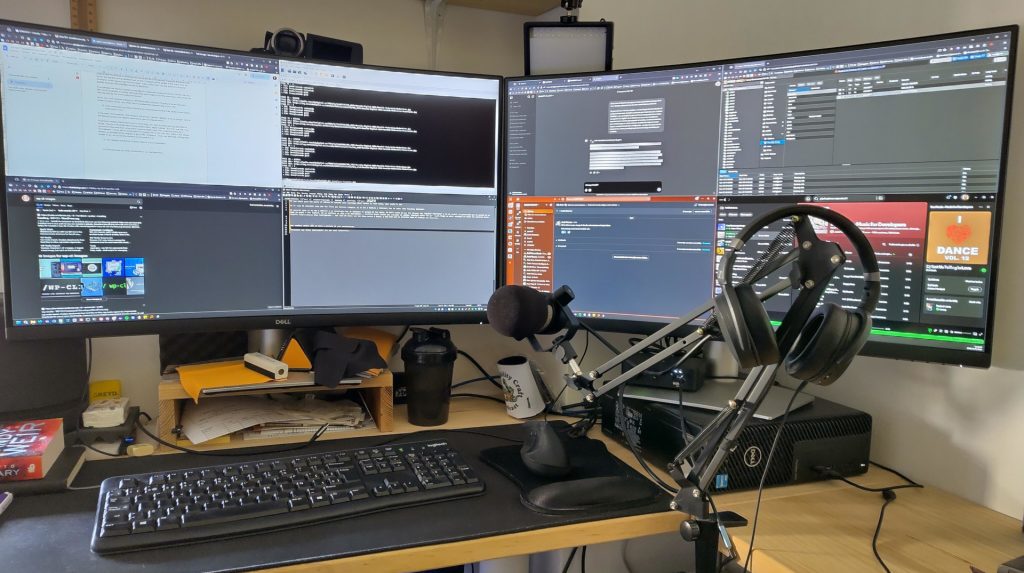
Devrims: Recommend any three individuals for our next interviews.
Javier: Fran Torres, Paco Marchante, and Nilo Vélez.
